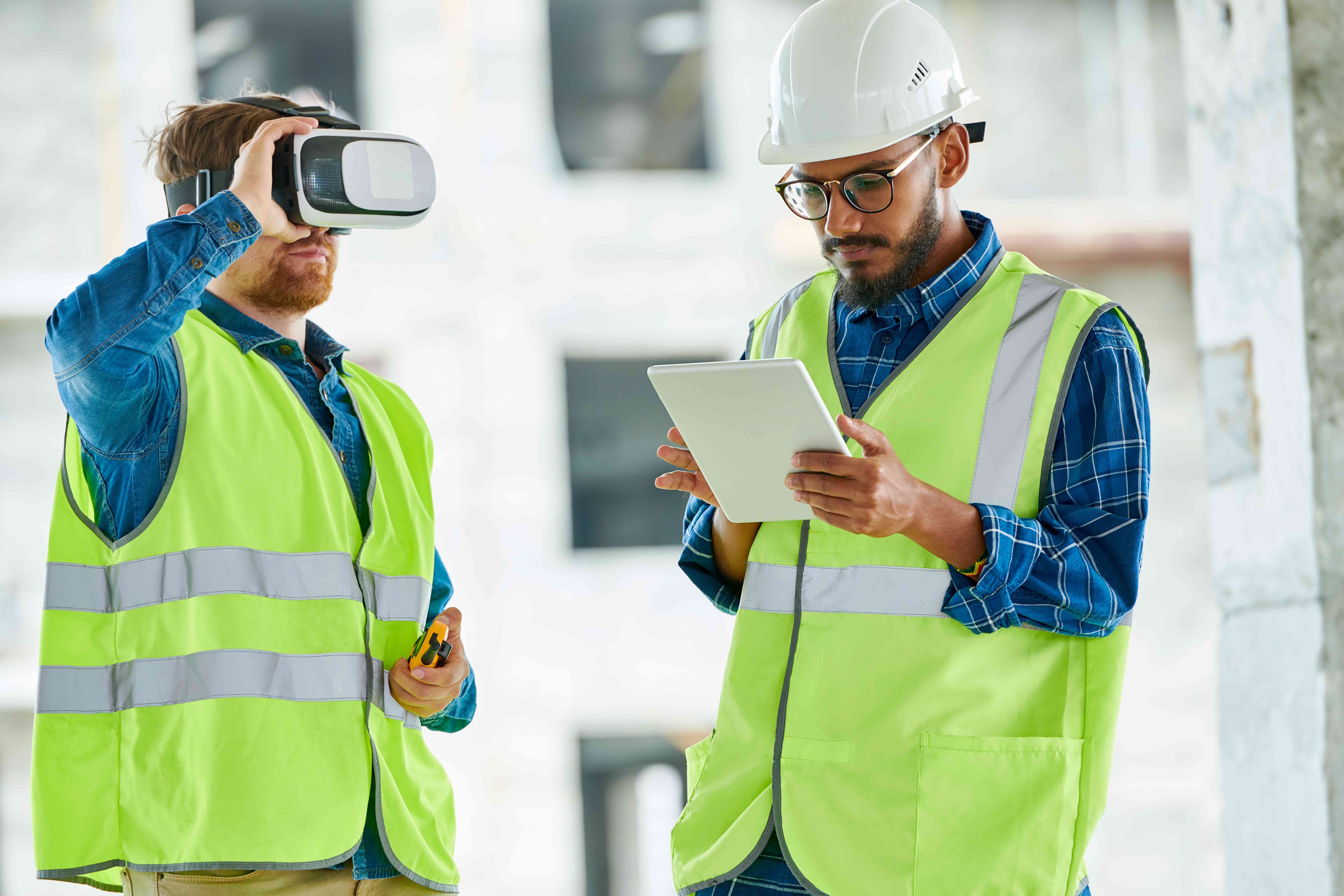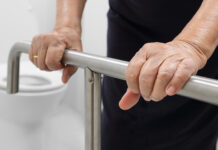
A new project could help pave the way for the ‘mainstream adoption’ of using digital technologies to remotely inspect construction sites in Scotland.
Construction Scotland Innovation Centre (CSIC), Local Authority Building Standards Scotland (LABSS), Edinburgh Napier University’s Centre for Offsite Construction and Innovative Structures, Wheatley Group, and Homes for Scotland will support a range of trials for the Scottish Government’s Building Standards Division that compare the quality of remote inspection methods with physical checks.
The project will explore technologies currently being used along with others that are potentially available – focusing on cost-effective options such as smart phones and tablets. It will also develop guidance around best practice, standardisation of processes, and training materials.
The initiative builds on the i-Con Challenge, which used advanced digital remote verification techniques – such as virtual and augmented reality – to identify defects in buildings during the Covid-19 pandemic, when limitations were placed on travel and the ability to carry out physical inspections.
Sam Hart, innovation manager at CSIC, said, “All going well, this project could change the way many buildings are inspected. We now have a year of evidence to draw upon and support our conclusions. While i-Con focussed on AR and VR, not every organisation will have access to those types of technologies – it is, therefore, important to gain an appreciation for all the options available, whether it is using tablets, mobile phone footage, or even photos of certain elements of a building.
“During the first part of the programme we will benchmark the success of remote inspection since the Covid-19 began. As part of that, we will look at a range of factors, including the carbon savings made through transport not being required, as well as identifying any issues that emerged.
“Based on those outcomes, we can then make recommendations for standardising remote verification and providing industry-wide guidance. Ultimately, with the appropriate quality standards maintained, we want to make remote building inspections much more mainstream, rather than a one-off because of Covid-19.”








